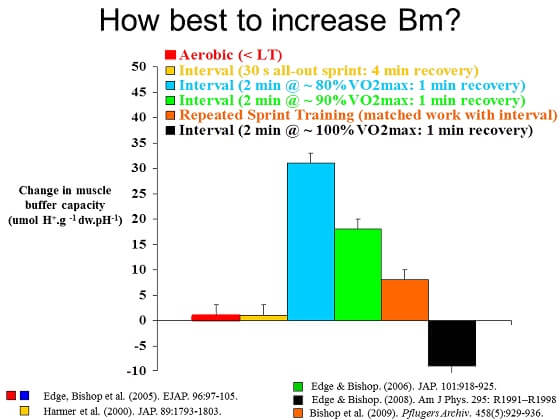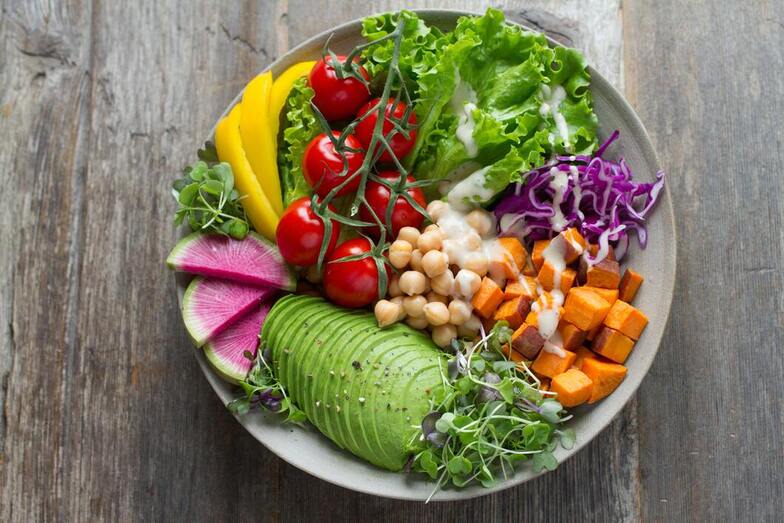BMI measurements are used for risk assessment. If a person has a high BMI number, they are more likely to be at risk of certain diseases. However, people with low BMI numbers can also experience health issues.
People have been taught for years how to lose weight properly. But gaining weight isn’t something that is usually discussed. For those with low numbers, they need to know how to increase BMI appropriately.
What is BMI?
BMI is the abbreviation for Body mass index. It is a measurement of a person’s height compared to their weight.
When calculating BMI most people are worried that the number is too high. But a low BMI number can also affect health issues. If a BMI measurement is under 18.5, a person is underweight.
Knowing how to increase BMI properly can lead to a person looking and feeling better.

Calculating Your BMI
BMI is calculated by using a mathematical formula. There are many convenient calculators online that a person can use. But to make things easier there are also some easy to use charts.
To calculate BMI take your weight in kilograms divided by height in meters squared.
- Below 18.5 is underweight
- 18.5 – 24.9 is normal
- 25.0 – 29.9 is overweight
- 30.0 is obese
How to Increase BMI
The best way to increase your BMI is by changing your diet. If you have changed your diet and are still unable to increase your BMI, talk to your doctor. There may be another issue at play, such as hyperthyroidism. Your doctor can work with you and help you learn how to increase BMI.
Increase Your Calorie Intake
To gain weight your body needs to take in more calories than it burns. Eating more calories will help increases weight, which increases BMI. It is easier to figure out how to lose weight than it is to gain weight. Everyone’s bodies are different and factors such as genetics come into play. For some individuals, they will need more calories, and others may need less.
First, you will want to get an idea of how many calories you need per day to maintain your weight. For women, this is usually between 1600 to 2400 calories. For men, it is usually between 2000 to 3000 calories.
When gaining weight, you need to do so slowly. It is estimated to gain 1/2 to 1 pound (about 1/4 to 1/2 kg) a week, a person would need to consume an additional 250 to 500 calories per day. For women, they would usually need to ingest 1850 to 2900 calories. For men, they would usually need to ingest 2,250 to 3,500 calories.
What to Eat
When gaining and losing weight eating healthy foods is important.
Junk foods are full of calories, but they are unhealthy and not a good way to increase BMI. Include a variety of foods that are high in calories and rich in nutrients.
These would include foods such as avocados, yoghurt, milk, salmon, tuna, nuts, seeds, beans, brown rice, peas, granola, bananas, dried apricots, sweet potatoes, salmon and tuna.
Increase Muscle Mass
When a person is increasing their BMI they will add some fat to their body. But too much fat can also be unhealthy. By incorporating strength-training, an individual can increase muscle mass and improve their health.
Professor Dave Bishop believes a large portion repeat sprint ability performance comes down to our ability to buffer lactate.
His research has provided valuable insight into the way we can train to increase our muscle buffering capacity. Make sure your training is appropriate and has a purpose.
Learn How to Increase Your BMI
Increasing BMI levels is easier for some than others. When changing your diet or adding an exercise routine, you should speak to a professional. At Sydney Sports and Physiology, our highly educated physiologists will work with you, so you can know how to increase BMI safely.

